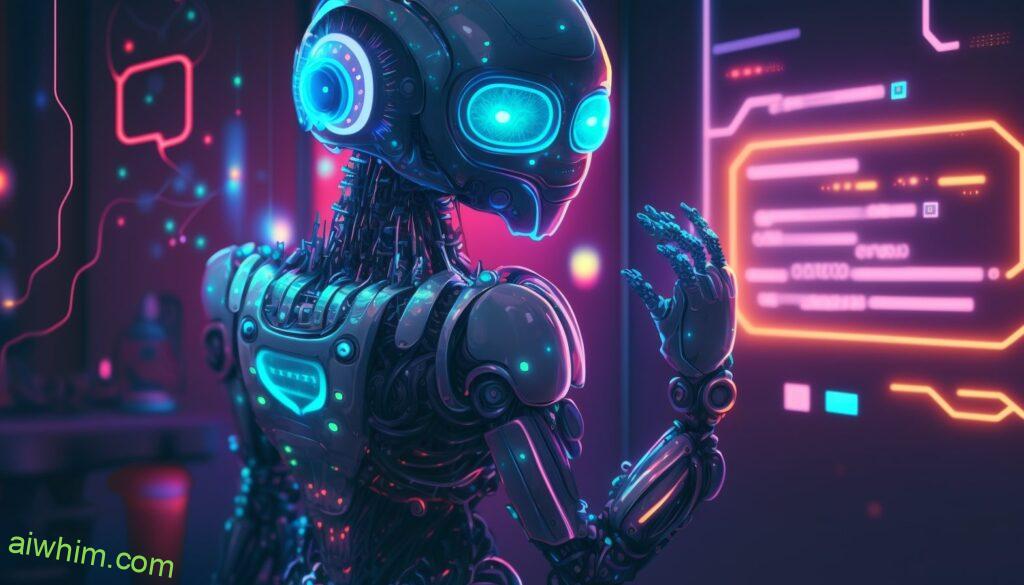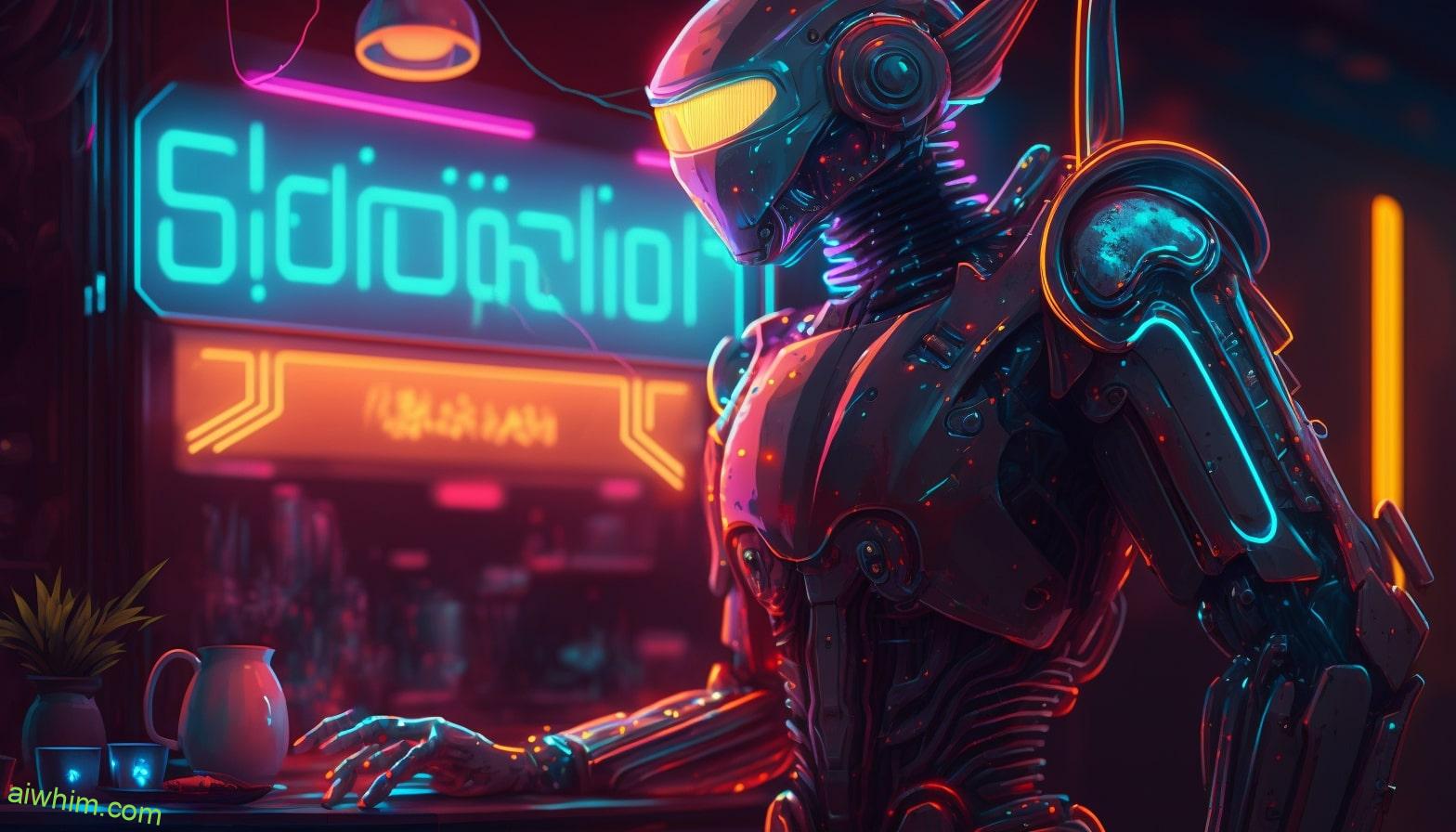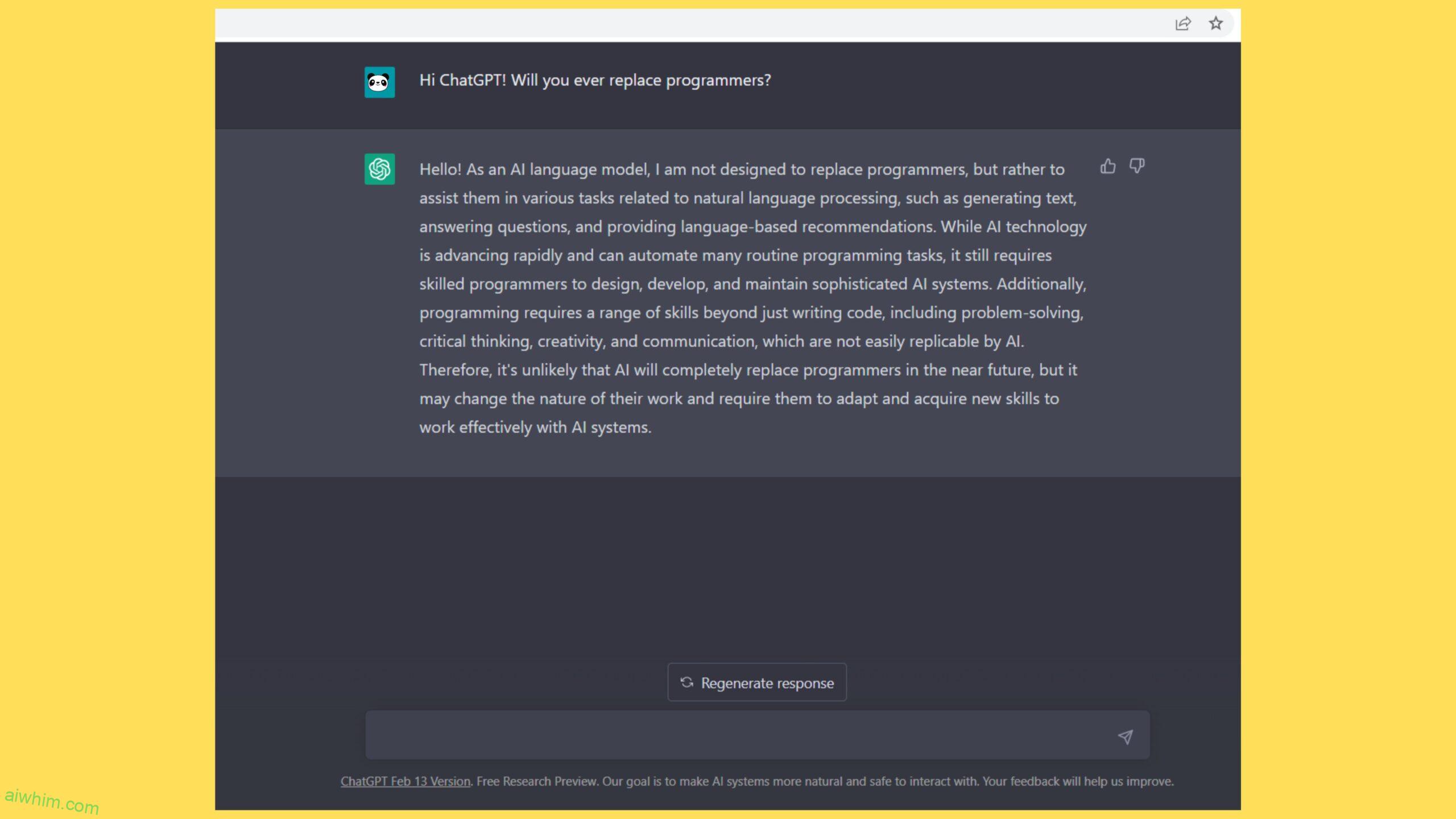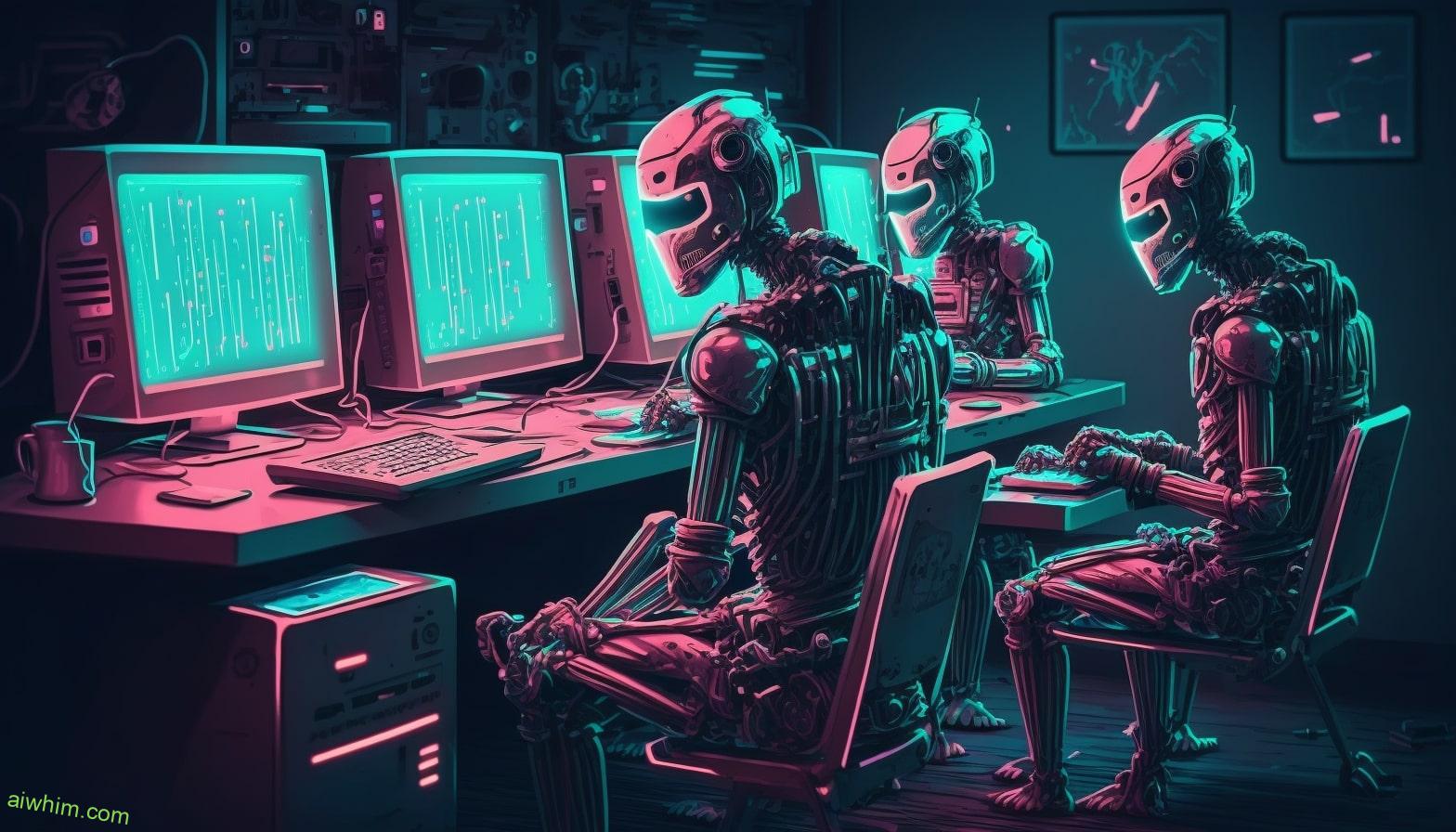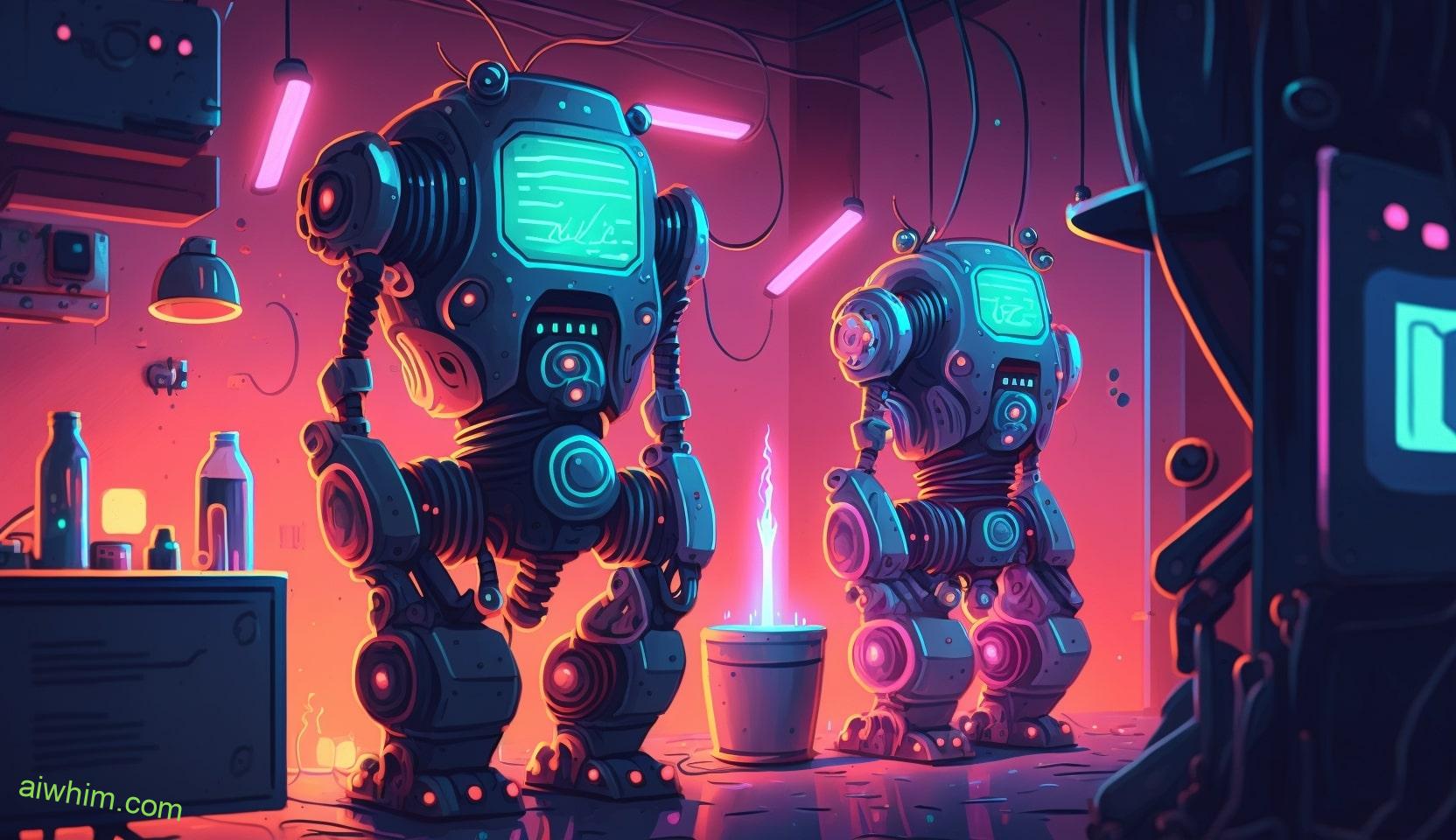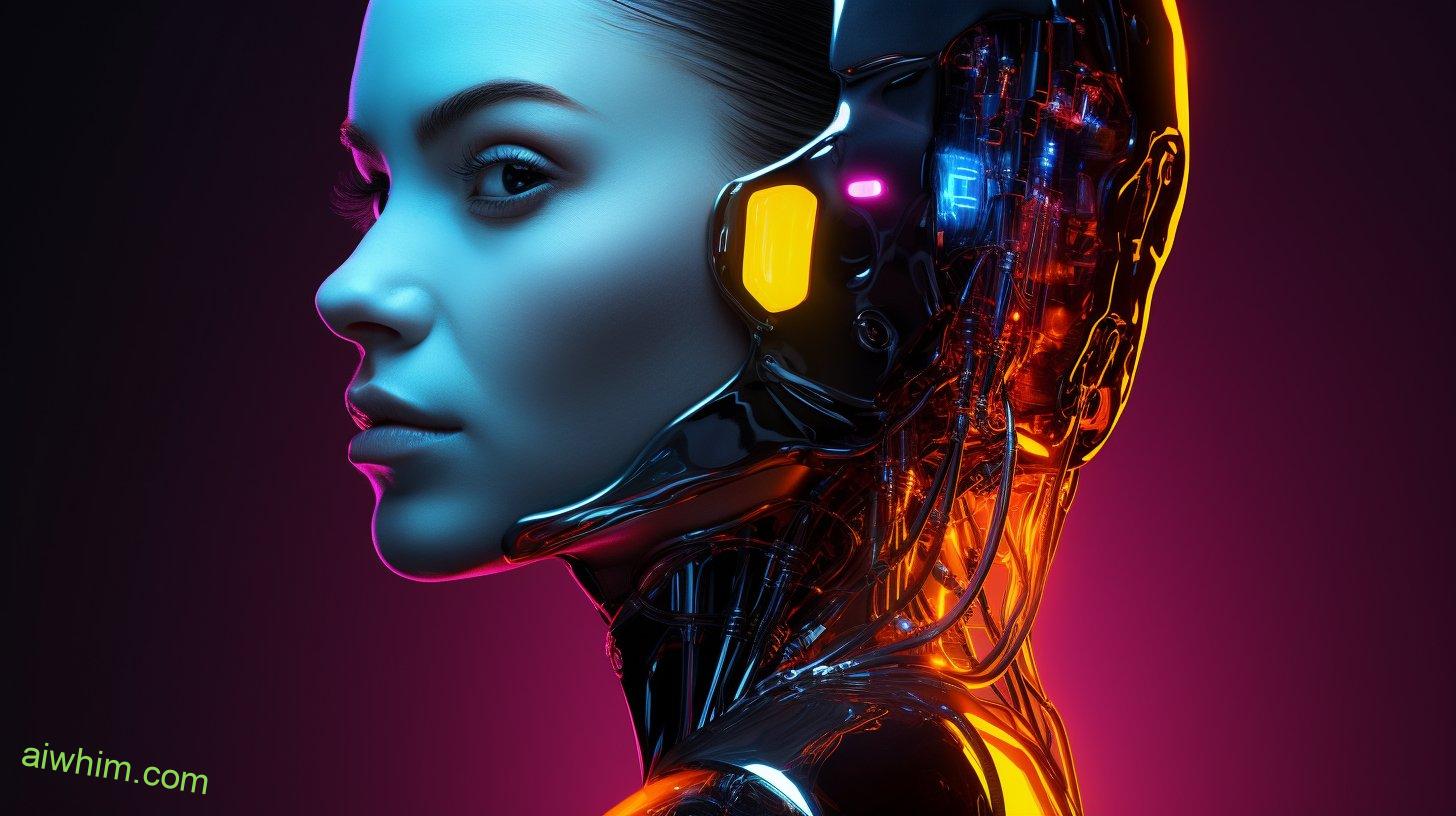In today’s fast-paced, tech-driven world, the role of Human Resources (HR) is changing rapidly. With advancements in artificial intelligence (AI) and automation, many are questioning if HR roles will soon be replaced by chatbots – machines that use natural language processing to simulate human conversations. And especially with the recent advancements of the ChatGPT model, HR professionals across the globe have been getting worried.
All this poses the important question: Is there a risk my HR job will be replaced by a chatbot? In this article, we’ll explore the implications of chatbot technology for HR professionals, as well as what steps can be taken to ensure you remain competitive in your field.
The introduction of AI into almost every aspect of our lives has had far reaching consequences – from self-driving cars to automated customer service systems. As such, it should come as no surprise that these new technologies have also made their way into the realm of Human Resources. Chatbots are quickly becoming commonplace tools used in recruiting and other HR activities with companies like Amazon using them to screen potential candidates and answer employee questions directly via text or voice messaging.
At first glance, it may seem like the implementation of chatbot technology could lead to large scale unemployment among those working in HR departments across the globe; however, this isn’t necessarily true. By understanding how these new technologies work and leveraging their capabilities effectively, savvy HR professionals can actually benefit from their introduction while still keeping their jobs secure.
By the way, do you want to know if Human Resources jobs are among the 100 jobs most likely to be automated? Our study provides the insights you’re looking for.

Here are the topics we’ll cover in this post:
Definition Of A Chatbot
At the drop of a hat, it’s clear what a chatbot is. A chatbot is an automated computer program that interacts with people through text or voice commands. Chatbots are powered by artificial intelligence (AI) and offer conversational experiences to users. With AI technology, chatbots can understand language and user intent in order to provide quick responses for customers. They have become increasingly popular as businesses strive to improve customer service efficiency and productivity.
Chatbots are used in various industries from banking to retail. In HR departments, they can be leveraged to answer questions about benefits packages or job postings, automate recruitment processes like scheduling interviews or even help employees find information within the organization’s intranet quickly. The possibilities are endless when it comes to leveraging this powerful tool!
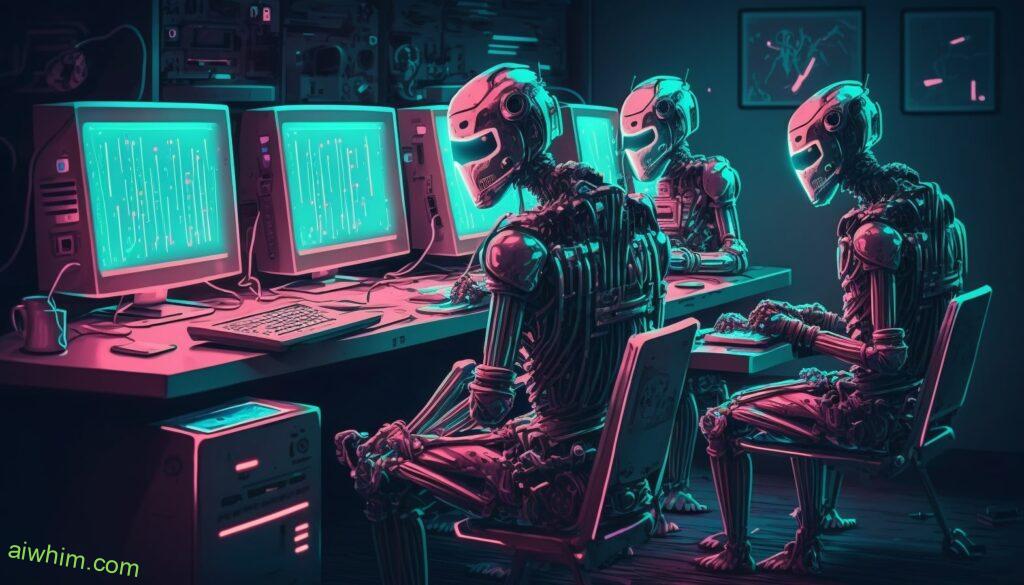
Role Of HR Professionals
Human resources professionals have a variety of responsibilities that cannot be replaced by chatbots. HR strategies are developed to create an effective workforce and ensure the success of organizations. The primary roles of human resources include:
- Developing and coordinating employee recruitment efforts.
- Administering compensation, benefits, and performance management programs.
- Ensuring compliance with labor laws and regulations.
- Overseeing HR governance processes such as personnel records maintenance and job evaluations.
In addition to these duties, HR professionals provide guidance in areas such as organizational development, change management, training & development, career planning, succession planning, dispute resolution, and employee relations. They also manage payrolls for staff members and advise companies on best practices related to their employees’ safety and welfare. These complex tasks require the expertise of highly trained individuals who understand the nuances of legal frameworks and organizational policies – something that chatbots simply cannot replicate at this time.
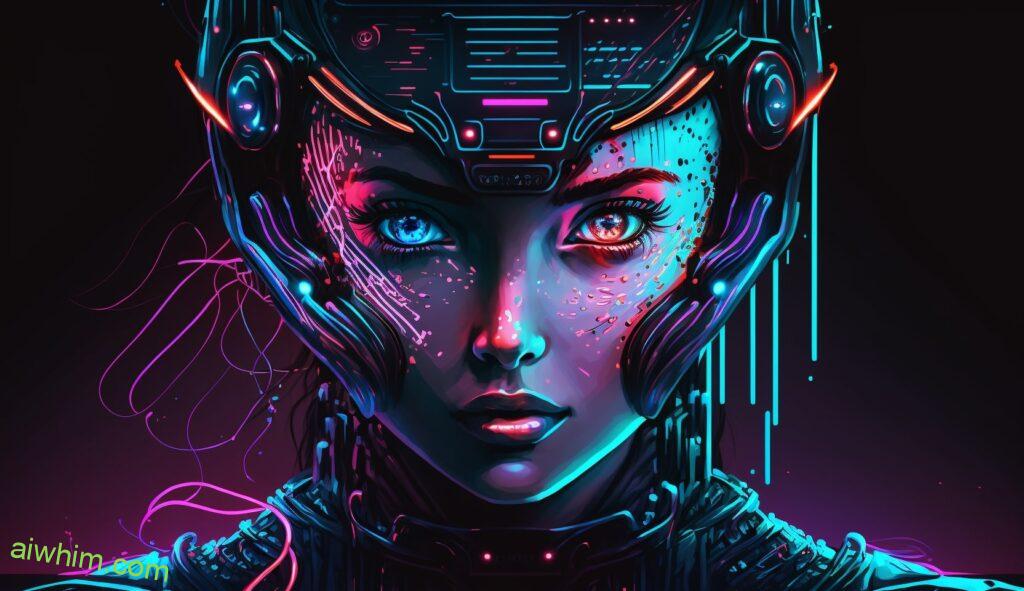
AI And Automation Potential
As an HR professional, it is important that you are aware of the potential advancements in artificial intelligence and automation. AI has already begun integrating into many aspects of our lives and work environment, including how communicating is done with customers, managing of data, and analyzing operations. With further advances in machine learning automation, the possibility exists that certain tasks traditionally handled by human resources personnel may become automated. This could include collecting employee information from applications or automating performance reviews through natural language processing technology. It’s worth noting, however, that while this does present a potential risk for jobs within the field of human resources, there are also numerous opportunities for growth as well. Automation can help free up time for HR personnel to focus on more complex projects such as organizational effectiveness initiatives or developing better strategies for recruiting and retaining talent. Ultimately, the future success of any organization lies in its ability to leverage technology to stay competitive within their industry.
Benefits Of Automation In HR
Automation in Human Resources (HR) can be incredibly beneficial for organizations. Automating processes such as onboarding, employee data management, and performance tracking saves time and increases efficiency. Here are three key benefits of automation in HR:
- AI-efficiency – AI technology has the capability to process vast amounts of data quickly and accurately, which makes it an ideal tool for automating HR tasks like payroll processing and candidate screening.
- Automation-efficiency – By automating mundane tasks that don’t require human judgment or creativity, HR professionals have more time to focus on activities that do require their skillset. This improves overall productivity while streamlining operations at the same time.
- Chatbot-benefits – Chatbots provide a quick way to answer common questions from employees without needing to manually search through databases or documents every time an inquiry is made. This eliminates wasted hours spent responding to repetitive inquiries and helps ensure employees get accurate answers in a timely manner.
Overall, automation offers numerous advantages when it comes to managing personnel within an organization. It not only boosts efficiency by reducing manual labor but also enables HR professionals to dedicate their attention towards more meaningful tasks that help create better working environments for all stakeholders involved.
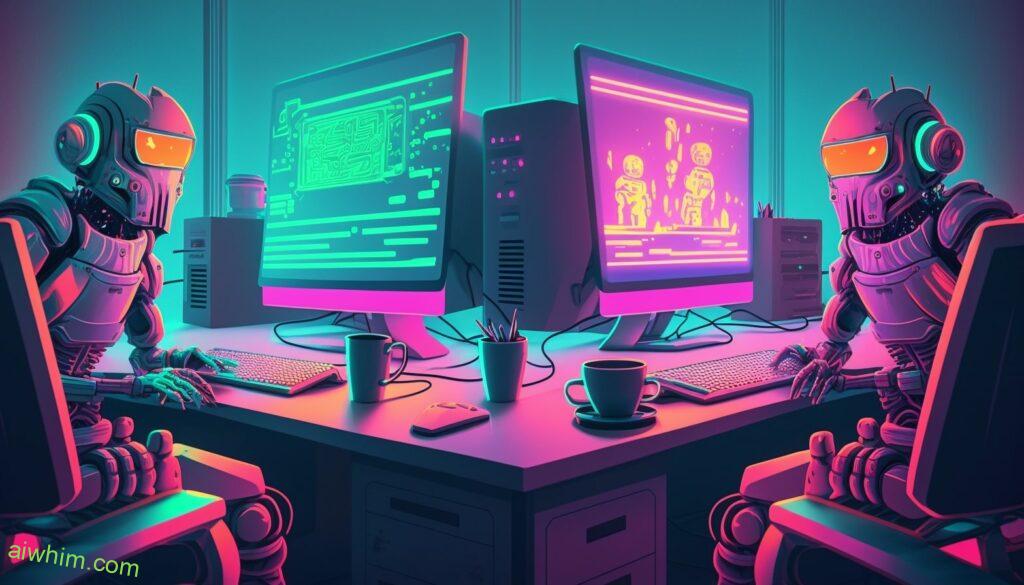
Challenges Of Automation In HR
It is undeniable that automation can bring many benefits to HR departments, but it also comes with some challenges. Automation may lead to fewer human resources jobs, as more tasks become automated, and this could be a major challenge for existing HR personnel who must adapt their skillset or find new work. Additionally, automation introduces the risk of errors due to an incorrect understanding of company policies or misinterpreted data. If not addressed carefully by both humans and machines, these errors can cause serious losses in productivity or reputation.
In addition to potential job loss and error risks associated with automating HR processes, there are additional considerations such as cost effectiveness, security protocols, user experience design, and compliance requirements that need to be taken into account when deciding which processes should be automated within an organization’s HR department. It is essential for organizations to understand how automation fits within the overall strategy of their business so they can make informed decisions on whether or not to pursue automation initiatives in their HR operations. As technology advances and companies invest more in automation solutions for their businesses, it will be important for HR professionals remain up-to-date on emerging technologies while ensuring that any changes made do not negatively impact employees in any way.
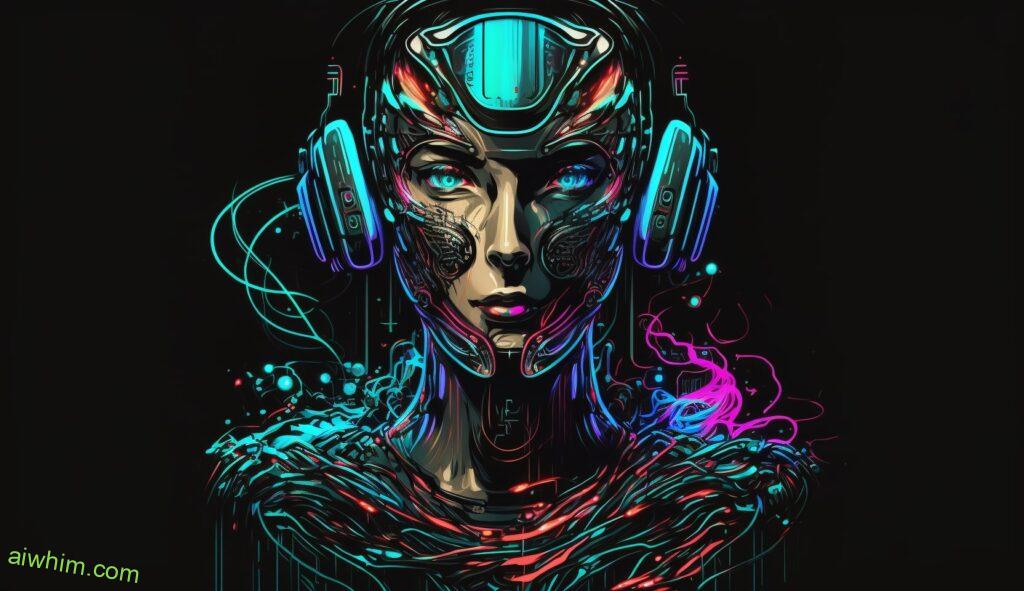
What Is The Risk?
The risk that a HR job may be replaced by a chatbot is real. Automation of HR tasks has been on the rise, with companies increasingly turning to technology for recruitment and payroll processes. As AI-enabled applications become more advanced, they are taking over many traditional HR functions. This could reduce the need for human employees in certain roles within an organization.
When it comes to assessing the risks associated with job automation, there is no one-size-fits-all answer. Factors such as industry, company size, and existing infrastructure play important roles in determining how much of a threat robots pose to jobs held by humans. Furthermore, advancements in robotics can lead to increased efficiency but also potentially lower wages and diminished job security for workers whose positions have been automated or replaced by machines. Therefore, each situation must be evaluated on its own merits when considering whether or not a particular role is at risk of being replaced by a chatbot.
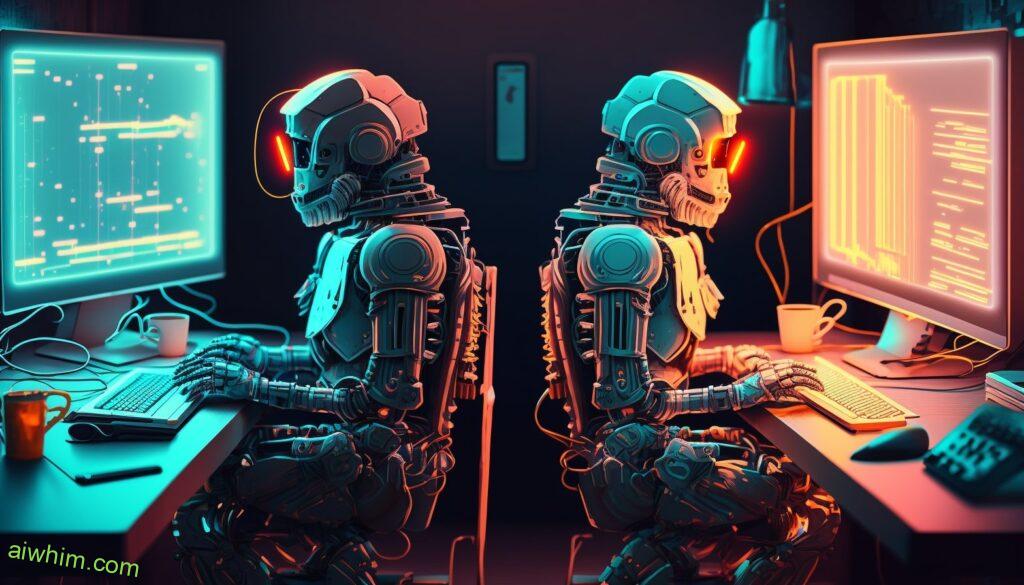
Impact On Job Security
There is a growing concern among HR professionals that their jobs may be replaced by automation. As technology advances, the potential for AI-based approaches to replace human resources roles increases. Some of the tasks currently performed by HR such as recruitment, onboarding and payroll administration can now be automated with little or no effort on behalf of the company. This could have a major impact on job security in the industry.
The use of automation in HR has been increasing significantly over recent years due to its many advantages. Automation helps companies reduce costs associated with traditional processes and eliminates manual errors which can lead to costly mistakes. It also offers greater efficiency, allowing companies to process information faster than ever before. However, it could also mean fewer positions available for qualified HR professionals and an uncertain future for those working in this field.
As more businesses move towards automation, there are concerns that some core functions within Human Resources will become obsolete and job security will suffer accordingly. Although there is still much debate about how significant the effects of automation will be on HR jobs going forward, it is important that to understand the implications so it can be ensured the workforce remains secure and equipped with necessary skills moving forward.
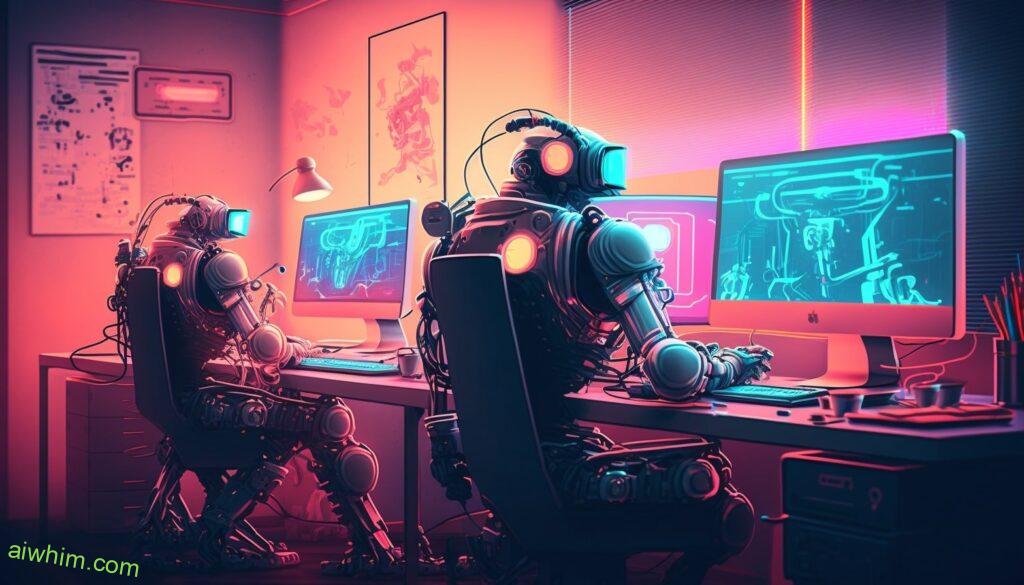
Human Support Vs Machine Support
The debate between human support and machine support has been ongoing for centuries, now it is being applied to the HR industry. While technology continues its relentless march forward, many people worry that their job might soon be replaced by a chatbot or automated service. There are two sides to this issue:
On one hand, automation can provide cost savings due to reduced labor costs and improved efficiency with elimination of mundane tasks. Automated services are also much faster than having a person do the same task manually. However, these software programs lack empathy and understanding – something that comes naturally to humans but not necessarily machines. Therefore, when complex issues arise in the workplace, such as layoffs or disciplinary proceedings, it may be more beneficial to have direct human interaction rather than rely on hr-automation systems which cannot always recognize nuances within different situations.
Human resources staff offer important advantages over automated services; they possess knowledge of company policies and procedures while offering advice tailored to individual circumstances. Additionally, employees feel valued when talking with another person who understands their situation versus dealing with a computer program that often fails to comprehend the whole story behind any given issue. It’s this special kind of connection that keeps businesses running smoothly and efficiently without sacrificing employee satisfaction and loyalty along the way.
Ultimately, there will never be a one size fits all solution for every organization out there – each business should assess what works best for them based on available resources and budget constraints; whether it’s investing in cutting edge technology or hiring knowledgeable personnel capable of addressing difficult issues head on. The choice is yours!

Advances In Natural Language Processing
Advances in Natural Language Processing (NLP) have revolutionized the way humans interact with computers. NLP is a subset of Artificial Intelligence that allows machines to understand and respond to human language, allowing for natural conversation between people and machines.
The field of NLP has seen rapid development in recent years due to advances in machine learning technology. Machine learning algorithms enable systems to learn from data and adapt their behavior based on new information. This can be applied to any task involving understanding or interpreting natural language, such as speech recognition, sentiment analysis, text comprehension, summarization, question answering, etc.
Recent developments in NLP include:
- Natural Language Understanding (NLU): NLU enables intelligent agents to process large amounts of unstructured textual data and extract meaningful insights from it.
- Text Summarization: Automated text summarization tools allow users to quickly generate summaries of longer texts by condensing essential points into shorter sentences or phrases.
- Question Answering Systems: A variety of technologies are being used to develop AI-powered Q&A bots which are capable of providing accurate answers based on user input queries.
As these advancements continue to evolve over time, they will bring us closer towards achieving true conversational AI – something that could potentially replace some roles within Human Resources departments. However, it is important to note that this would not eliminate the need for HR altogether; instead it may lead to an increase in productivity by automating certain aspects while leaving more complex tasks requiring human judgement intact.
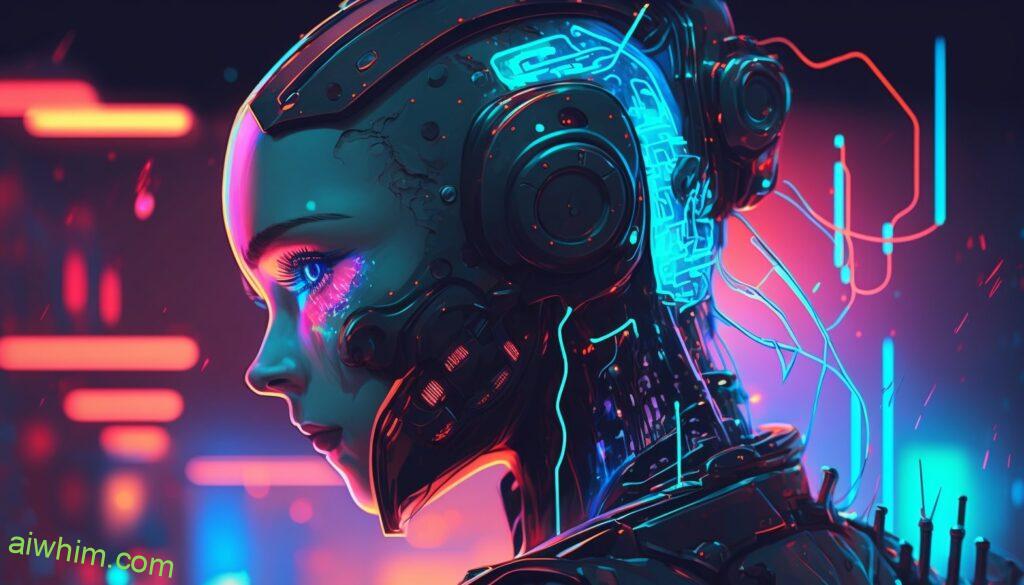
Training Programs For HR Professionals
With the advances in natural language processing, it is only logical to wonder if there is a risk that an HR job could be replaced by a chatbot. While it has been suggested that automation may take over certain aspects of HR roles, such as routine administrative tasks, this does not mean they will replace humans entirely.
HR training programs are essential for helping professionals stay up-to-date with current trends and developing their skillset further. Professional development within the field of HR can help ensure employees remain adequately informed about changes in the industry, including technology advancements and regulatory updates. HR automation training should also be included in regular professional development plans so that staff feel confident when utilizing automated systems and software solutions. Additionally, HR personnel must understand how to effectively manage these technologies while still providing quality customer service and emotional intelligence. By taking part in specialized training programs or workshops related to their profession, individuals can develop new skillsets which ultimately leads to greater career satisfaction and success.
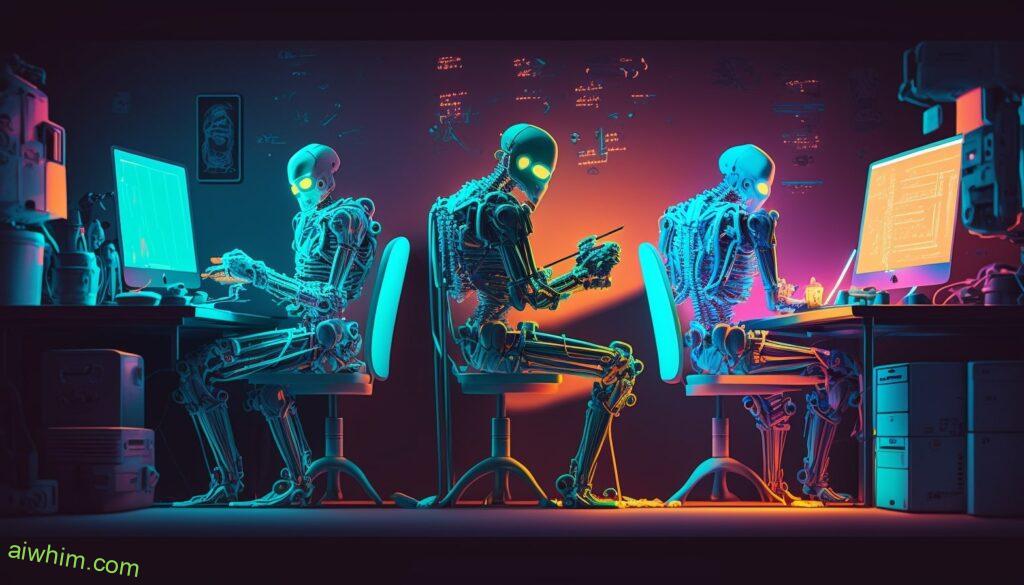
The Future Of Human Resources
The future of HR appears to be in a state of flux. The industry is being transformed by the introduction of new automation and technology, which could potentially replace some aspects of human resources jobs with chatbots or other automated systems. This has caused many HR professionals to question their own roles and whether they may eventually become obsolete as automation takes on more tasks.
One thing that seems certain is that automation will continue to play an increasingly important role in how businesses manage their hiring processes and employee data – leading to greater efficiency for organizations but also possibly fewer roles for people within the HR field. However, it’s unlikely that all HR job functions can ever truly be replaced by bots or computers; personal relationships between employers and employees remain essential components of successful HR management. While there are concerns among those already working in the profession about potential displacement from these changes, the reality is that most companies still need a person who understands both business strategies and human needs when it comes to managing personnel matters. Automation might simplify some parts of this process but won’t necessarily take away any positions completely. Ultimately, experts believe that adopting appropriate HR technologies can help create better work environments while increasing productivity overall.
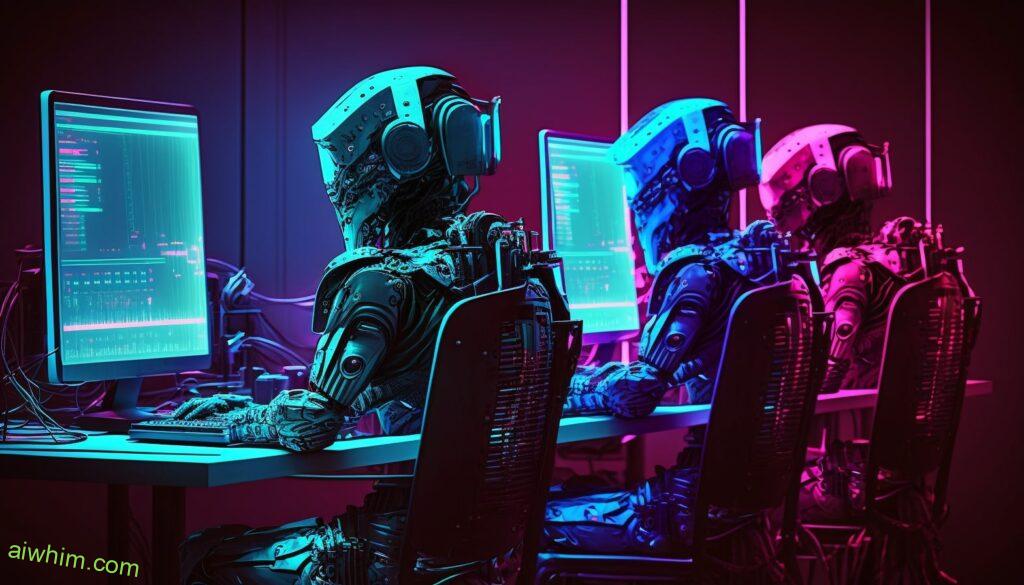
Legal Implications Of Automation
As humans continue to explore the potential applications of automation in the HR world, it is important to consider the legal implications. Taking a step back and observing this technological revolution from an unbiased perspective, there are certain risks associated with automating human resources processes. Primarily, one must be aware that any decision made by a chatbot may not necessarily reflect the best interests of all parties involved. As such, employers should take necessary precautions when implementing automated systems for tasks such as interviewing candidates and performance reviews.
From a legal standpoint, the use of automated systems can create various new challenges in terms of compliance and legal liability. For instance, if an employer utilizes automation-based solutions to select employees or make other decisions related to job opportunities and promotions, they could face accusations of discrimination due to potential biases embedded within AI technology. Additionally, regulators may come down on companies who do not properly protect user data collected through automated systems. Furthermore, organizations will have to ensure that their policies regarding employee privacy rights remain compliant with applicable laws at both local and federal levels.
In view of these concerns surrounding automation technologies in HR departments across industries, businesses should approach adoption cautiously while being mindful of possible drawbacks. Employers need to weigh up the benefits afforded by automation against its potential risks before deciding whether or not it is suitable for their company’s needs. Organizations should also stay abreast of changes in legislation concerning automation so as to avoid costly penalties or fines resulting from noncompliance issues. All things considered, automation holds great promise for streamlining many HR processes but it is essential to tread carefully when exploring its capabilities so as to mitigate any unwanted ramifications on individuals and businesses alike.
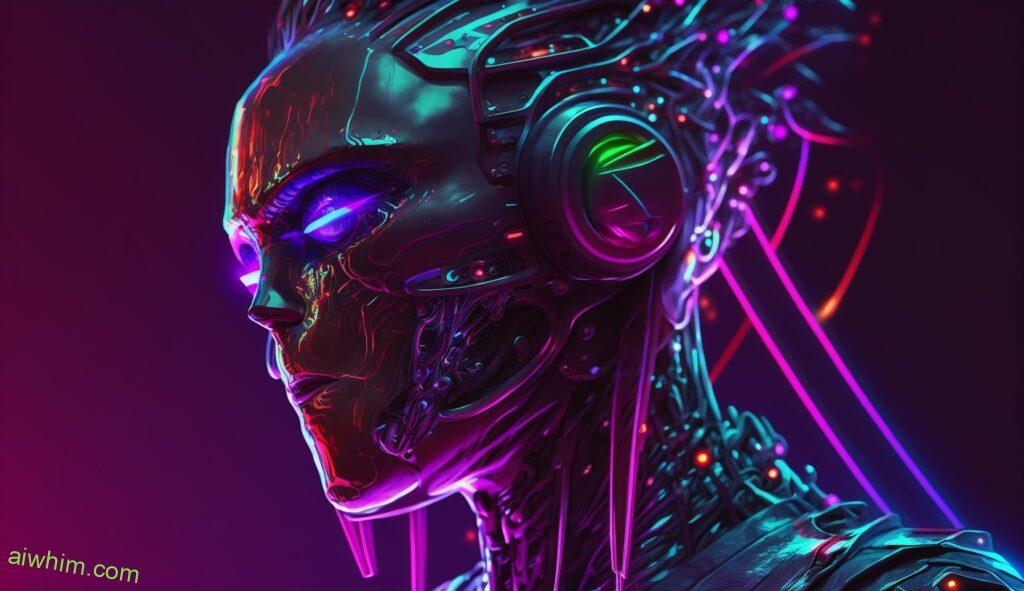
Ethical Considerations For Automating HR Tasks
As technology continues to develop, the use of chatbots in HR is becoming increasingly popular. In light of this trend, it is important to consider the ethical implications of replacing certain HR tasks with automated technologies such as chatbots.
There are several key considerations when it comes to ethical automation:
- Protecting employee privacy: Automation should be used in a way that respects and maintains employee privacy, including not collecting more data than necessary for the job at hand.
- Avoiding bias: Automated processes must be designed carefully to avoid inadvertently introducing biases into decisions.
- Maintaining impartiality: When making decisions about employees or applicants, an automated system must remain unbiased and uphold fair practices.
In addition, there are other aspects related to HR ethics that need to be taken into account before implementing an automated process. For example, ensuring accurate tracking and reporting of any changes made by the automations; providing adequate training on how to use the new system; and making sure all stakeholders understand its purpose and function. Additionally, companies should always look for ways to improve their existing systems rather than completely replacing them with a fully automated solution.
The introduction of automation into HR requires careful consideration of both technical issues and wider ethical issues. Companies will need to weigh up whether they believe automation can improve efficiency while still adhering to best-practice standards in terms of protecting employee rights and safety. Ultimately, organizations must act responsibly if they decide that automating certain functions within their HR departments is beneficial for their business objectives.
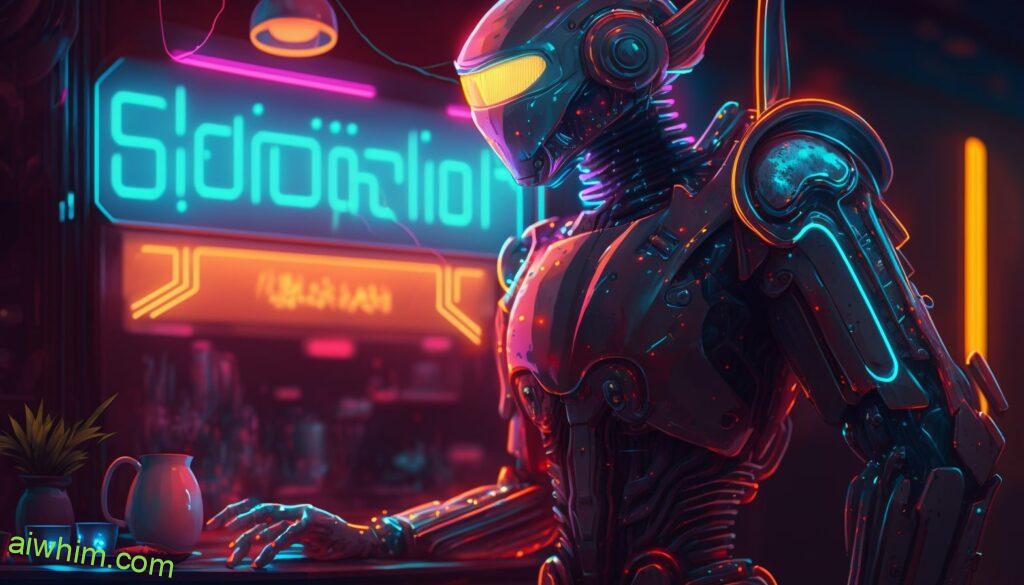
Strategies For Adapting To Automated Systems
As the use of automated systems becomes more commonplace in human resource departments, it is important to consider strategies for adapting. With machine learning and artificial intelligence becoming increasingly available, HR automation strategies are necessary for any company looking to stay competitive.
Developing a clear understanding of what roles can be automated and which ones should remain manual will help ensure that operations run smoothly. This means taking the time to evaluate areas that could benefit from automation such as payroll processing and applicant tracking. Additionally, adequate training should be provided to those who may not have experience with these types of technologies so they can adjust quickly and efficiently. Finally, creating an open dialogue between staff members and management can help foster collaboration while introducing new tools or processes into the workplace. By implementing these strategies, companies can successfully adapt their HR departments to automated systems without sacrificing productivity or morale.
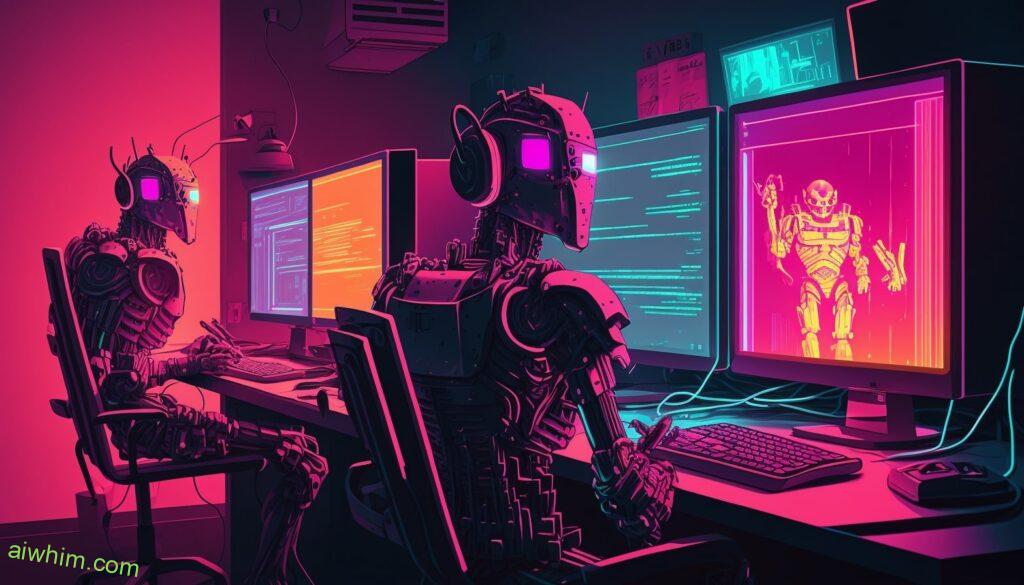
Conclusion
It’s no secret that automation is changing the way we do business and HR departments are not immune to those changes. As a HR professional, it can be daunting to consider the possibility of being replaced by a chatbot or automated system. However, with proper training and adaptation strategies, you can stay ahead of the game in terms of job security.
By understanding current trends and adapting accordingly, HR professionals can ensure continued success in their roles regardless of advances in technology. With a commitment to learning and staying abreast with industry updates, there’s no reason why your position shouldn’t remain secure even when faced with automation!
Author: Ole Paulson
Author Bio: I’m Ole and on this website, I share everything there is to know about Artificial Intelligence, and useful tips for using AI to our advantage. I have a background in data science and research and have been following the AI-space for years. You can read more about me in the “About” page.

